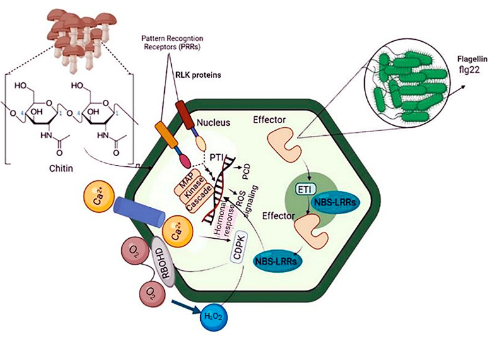Significant risk factors for heart disease among people in India during a 10-year period have been identified by a recent study conducted under the auspices of the Indian Council of Medical Research (ICMR). According to the study, which examined data from around 4,500 persons between the ages of 40 and 69, high blood sugar and unemployment are two major risk factors for cardiovascular disease.
85% of participants in the study had a very low-to-low risk of having heart disease, followed by 14.5% who had a moderate risk and roughly 1% who had a high-to-very high risk, according to the research published in the Indian Journal of Medical Research. Over the course of the decade, men were shown to have a risk surpassing 10% twice as often as women. The study measured variables including physical activity levels and health issues using surveys and questionnaires, using instruments created by the WHO.
The heightened risk among jobless people is one of the startling discoveries. According to the study, those without jobs were much more likely to develop cardiovascular illnesses than homemakers and those with jobs. In particular, 87-88% of employed people and homemakers were at low risk, but 54% of jobless people were. This implies that heart disease may be significantly increased by unemployment, maybe as a result of related stress and lifestyle variables.
Elevated blood sugar was still another significant risk factor. According to the study, people with high blood sugar were more likely to have heart problems—men were at 77% increased risk and women were at 85% greater risk. Additionally, obesity raised risk: obese men and women had a 55% higher risk of heart disease and a 71% higher chance of heart disease, respectively, than non-obese people.
It was shown that those who live in cities had a higher risk of cardiovascular illnesses than those who live in rural areas. According to the study, 13.8% of participants in rural areas and 17.5% of individuals in urban areas had a risk greater than 10%. Compared to rural women, urban women were 86% more likely to have an elevated 10-year cardiovascular risk. This discrepancy may be related to the environmental variables and lifestyle choices that are common in metropolitan areas.
Using WHO charts that are not laboratory-based, this study offers an extensive national estimate of cardiovascular risk factors in India. It emphasizes the need of tackling obesity, high blood sugar, and unemployment as major risk factors for heart disease and emphasizes the necessity of focused interventions, particularly in metropolitan areas.
SOURCE :
THE HINDU








